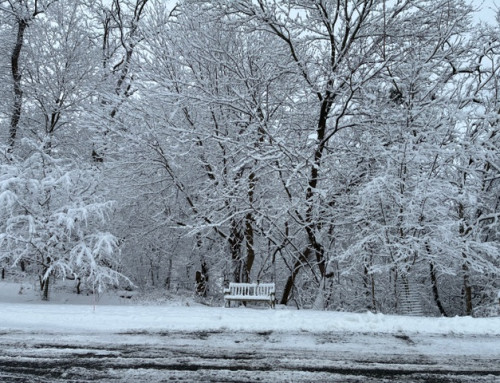Recently, I’ve had several opportunities to help people understand what their options are in the face of the flagrant power grab we are experiencing in the United States. Since I’m getting that question from old friends and people at the coffee shop, I’ll share a framework that I find especially helpful right now.
At University of San Francisco, I led a two-day training in nonviolent resistance to authoritarianism. After breaking the ice with students and community members, I shared the pillars of power theory, which some of you learned about in my online courses or through Choose Democracy. I explained that any would-be authoritarian needs other people and institutions to go along with their power grab, whether that means enthusiasticallly supporting them or just cowing in the face of intimidation. (You can read more about the pillars here.)
 Image by Striff Striffolino for my upcoming book, Common Ground.
Image by Striff Striffolino for my upcoming book, Common Ground.
We brainstormed institutions where Trump is receiving support, and places where he is experiencing resistance. The group had no trouble generating a long list of people who are refusing to cooperate, from government workers who denied DOGE access to their data or their offices, to universities refusing to subvert their values in the face of pressure. People who work within the institutions Trump is trying to control—from the media to the military—have an especially important role right now. They need our support and encouragement to be brave.
When they cave to the pressure, or embrace the power grab and hate mongering, they will need our counter pressure. We have already seen boycotts, which have had a real cost for Target, which dropped its diversity, equity, and inclusion commitments and then faced a customer backlash. For college graduates, it would be a great time to give your alma mater feedback on how they are handing this moment. Some, unfortunately, are squelching free speech and enabling ICE arrests of their students. You might remind your alma mater that you’ll be an alum for longer than Trump will be president, despite his desire to remain in the role indefinitely.
Having friends and family who have served in the military, I’ve been thinking about those who could be called upon to confront American civilians if Trump invokes the insurrection act. If that happens, I believe religious people could play a powerful role by standing on the frontlines, facing the guns with prayer and courage, two things many people in the military respect. This vision for people of faith came from somewhere beyond my analysis of the pillars, so I’m paying special attention to it, testing if I might be led to join such an effort, if the time comes. Meanwhile, some of my friends are using their gifts as coaches and spiritual support people to help others find their courage and roles.
But what about the protests, some might ask? I believe that protests play a helpful role in pressuring the pillars, but they are most effective when those pillars are also weakened from within, through the kind of direct resistance I’ve described above. Although the media keeps pointing out that protests have been smaller than in 2017, protests in 2025 have actually been more numerous. I plan to attend the national day of action this Saturday, knowing that it is just one part of what is needed. In my experience, one benefit of large protests is that they show us that we are not alone in wanting things to be different than they are. That is helpful to remember.
love,
Eileen





Leave A Comment